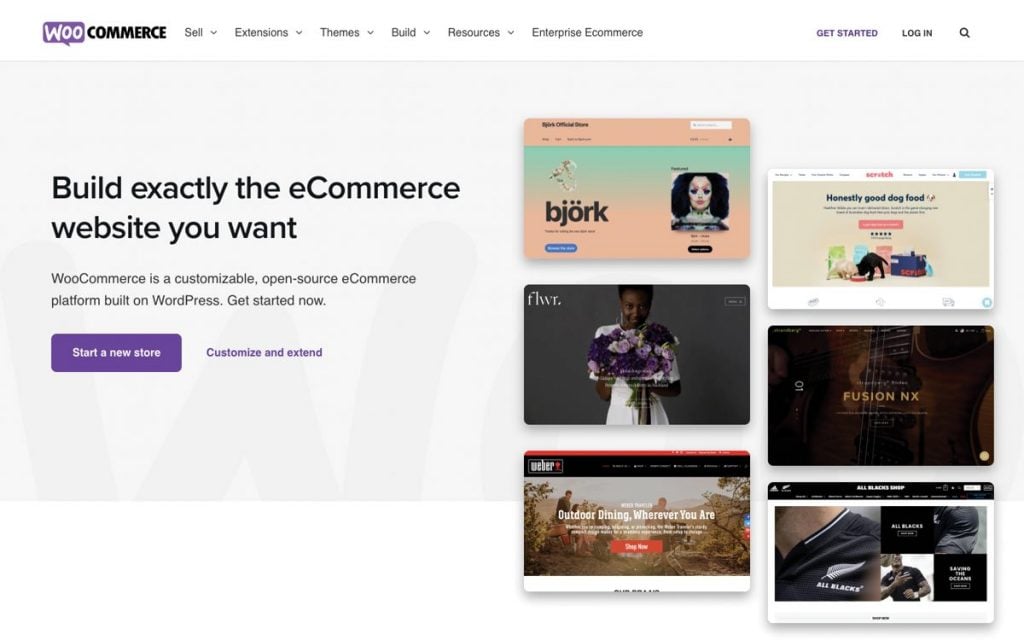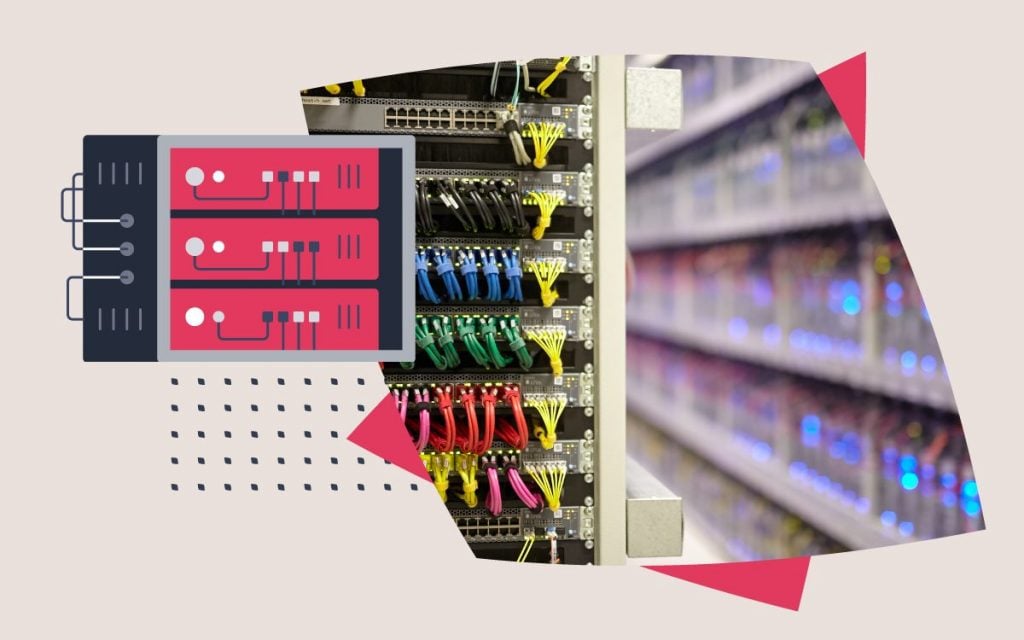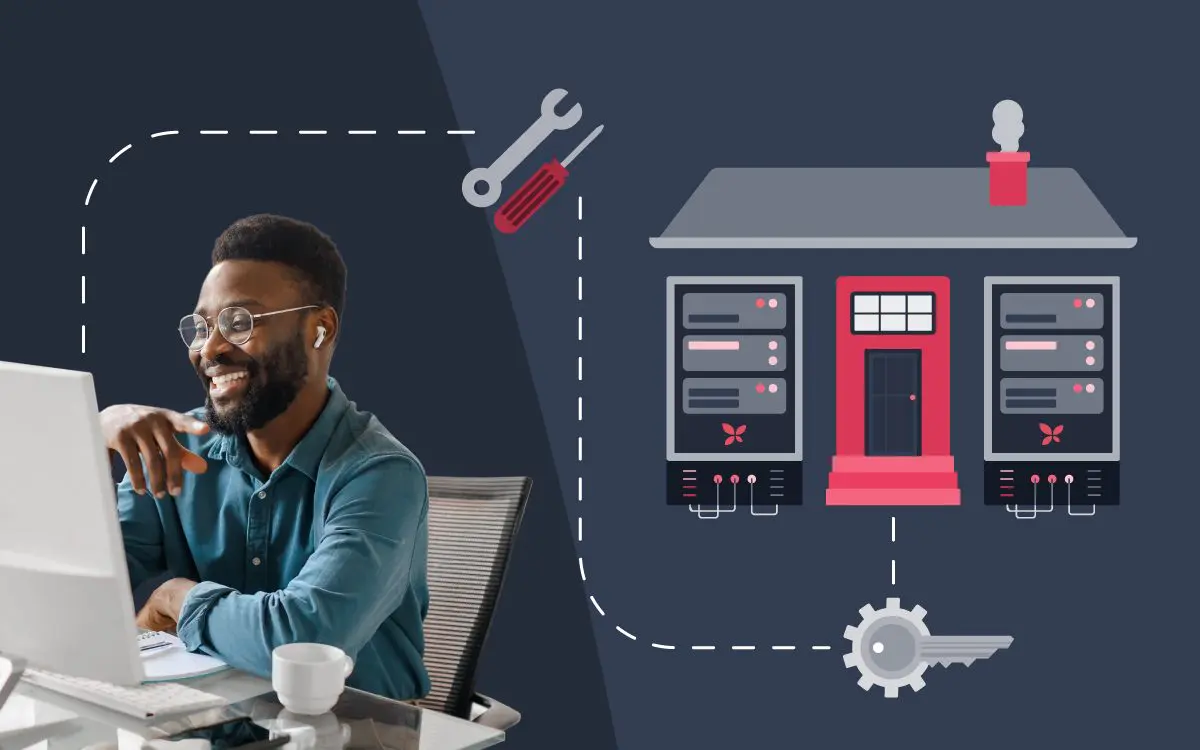Your business deserves every chance at success. Having an online presence increases the playing field, by exposing your business to a wealth of potential new customers, partners and opportunities. There are also a variety of e-commerce website options available to help you get started. But which one to choose?
The rise of e-commerce in South Africa presents a unique opportunity for business owners to grow and expand their businesses online. South Africa is a large consumer market with a growing e-commerce sector that’s projected to reach over R225 billion by 2025.
Naturally, succeeding in this market does have its challenges. Fortunately, by following some best practices, you can drive conversions and, in turn, maximise your revenue.
The small business community holds a wealth of tried and tested advice and knowledge new online business owners can draw on for their own ventures. We asked professional web developer Felix Norton and e-commerce expert, Warrick Kernes, for some tips!
So without further ado, here’s how to build a successful South African e-commerce site.

An introduction to e-commerce hosting and software
“As a WordPress web design agency owner, my go-to platform is WooCommerce. It’s also the most popular e-commerce platform in the world, with a 26% market share. I recommend WooCommerce as it’s easy to use, cost-effective and well supported”. Felix Norton, Woww
The first step? Choosing between a hosted or self-hosted e-commerce platform.
A self-hosted e-commerce platform like WooCommerce is customisable and used widely by businesses across all industries.
With WooCommerce, you have full control over your e-commerce platform. This includes installing WordPress plugins and themes to add new functionality. You can even customise the finer elements of your store’s design using page-builder specific plugins. Not all WordPress plugins and themes are free, though, so you may need to factor this into your startup costs.
You can also opt for a Managed WordPress Hosting option that offers a range of Starter Sites that make life for busy business owners easy. The Athletic Starter Site, for example, is powered by WooCommerce and uses the Yoco payment gateway that processes both debit and credit card transactions. It also includes a pre-installed shipping integration that provides you with flexible shipping options allowing you to select the fastest or cheapest courier option for each package.
Before choosing between platforms, it’s helpful to understand Web Hosting basics.
Choosing a hosting provider
No matter what e-commerce platform you opt for, you must choose a reliable hosting provider.
Look for a web hosting package that meets your resource needs, such as visitor traffic, email accounts, security and storage space.
Many companies offer hosting services to international customers, but the geographical location of your store’s data centre can impact your page loading times. When data has to travel longer distances, it causes latency and slows down your store. To improve the shopping experience for your local customers, it makes sense to opt for a provider that has servers located in South Africa.

Building your online store
“When it comes to choosing an e-commerce platform to build your site on, entrepreneurs in SA should only choose between WordPress or Shopify. These platforms are the most established, offer the widest range of support and both have a wide range of plugins and apps that allow you to add extra functionality to your website as you grow which means you won’t need to hire a developer every time you want to make a change.” Warrick Kernes, Insaka
Once you’ve chosen your hosting partner and platform, you’ll need to build your online store. This includes creating essential sections like your product pages, a shopping cart, and a checkout page. You should also create an area where returning customers can log into their accounts. Remember, using a Starter Site makes this easy for you.
To help drive sales, your site should have order persistence. This means customers can return and complete their purchases at any time. Some shoppers may be hesitant to share their payment information online, so it’s also vital that you meet important security standards, including installing a Secure Sockets Layer (SSL) certificate.
Bear in mind that when you opt for WordPress hosting, most of these aspects will be already included.
3 Tips to break into the South African e-commerce market
“The number one thing to think about when starting an online store is choosing the right product. Unlike physical stores, you need to take into account the logistics. Factor in the shipping weight, size, delivery distance and how perishable your product may be”. Felix Norton, Woww
It’s important to tailor your store to your target audience. With that in mind, here are three tips for creating an e-commerce store that has instant appeal in the local South African market.
1. Prioritise the most popular product categories
According to the International Trade Administration, the top e-commerce product categories in South Africa are clothing/apparel and media. By featuring these categories prominently in your e-commerce store, you can increase your appeal to local consumers.
2. Support South Africa’s preferred local payment methods
If customers can’t pay using their preferred methods, they’re likely to abandon their online shopping carts. In South Africa, 43% of all e-commerce transactions are completed using a credit or debit card, while e-wallets account for another 20%. Due to an increase in credit card fraud, the Payment Association of South Africa mandates the use of 3D Secure. This means your store must implement 3D Secure at checkout.
Many popular e-commerce platforms support EFT and card payments, including WooCommerce and WordPress Hosting. By choosing a platform that supports these gateways out of the box, you can reduce the time and effort required to launch your online store.
Alternatively, you can process payments using a mobile solution like SnapScan. This popular app removes the need for cards and EFTs, which can positively impact your conversions and cart abandonment rates.
3. Choose a local domain extension
“Lean on the e-commerce community. You’re not alone. This can be a lonely journey if you try to figure it all out on your own – there are already thousands of people on the same journey and you should lean on them to find the answers to your questions.” Warrick Kernes, Insaka
Your domain extension can instantly communicate your status as a local e-commerce company. If you operate in a specific city, you may want to opt for an extension such as .capetown, .durban or .joburg. If you operate across the whole of South Africa, then .co.za is a good choice.
Learn more about web hosting in South Africa and local advantages.
It’s time to become South Africa’s next e-commerce success
Taking your business online can be a daunting prospect, but there are huge potential profits. For example, it’s estimated that online giant Takealot is generating over R600 million in revenue every single month.
By creating an e-commerce store that’s optimised for the local market, you’ll be in an ideal position to connect with a huge (and expanding) audience of online shoppers, and perhaps even rival Takelot’s profits!
Read more advice about turning your next big idea into an online business.








